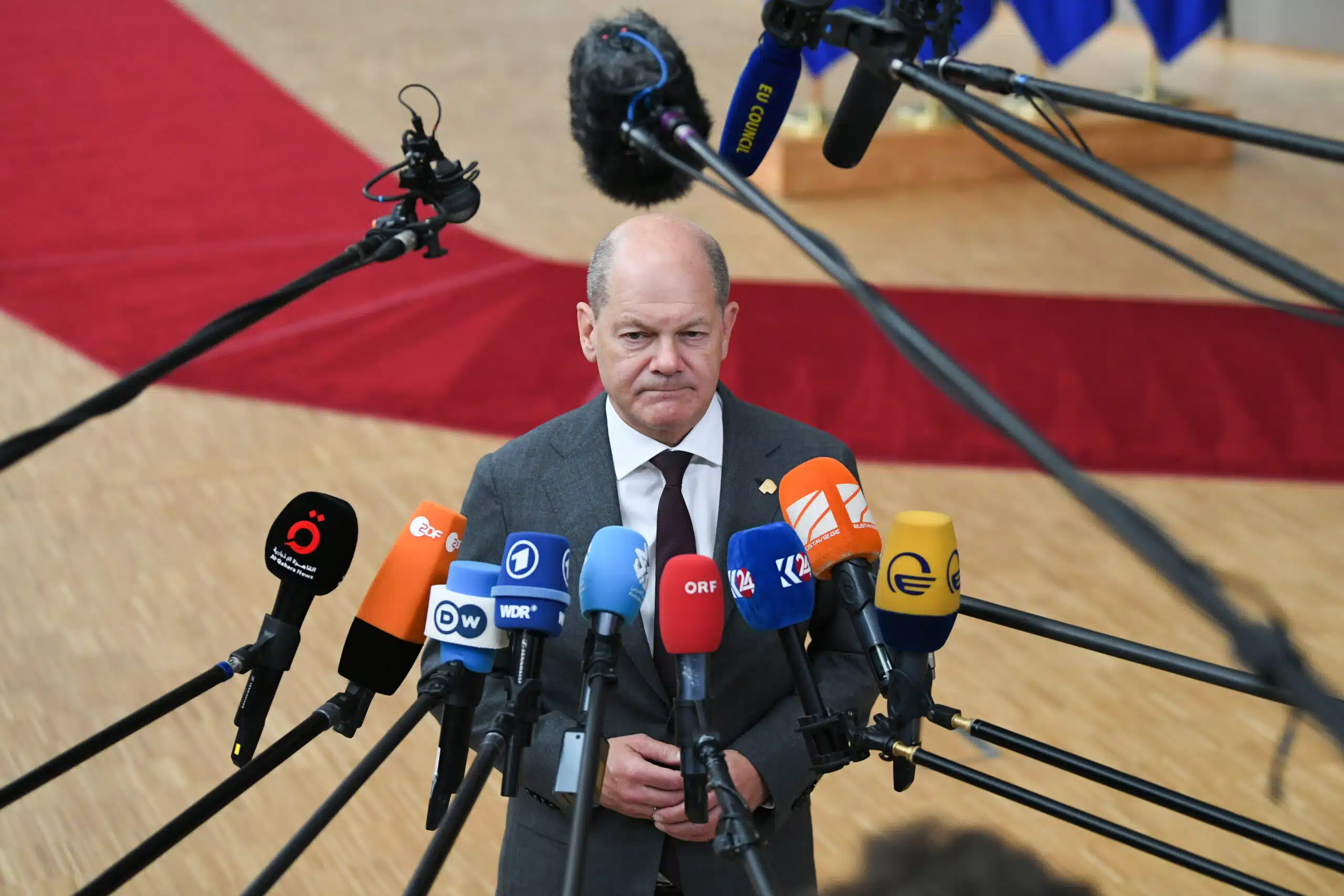Brussels – Ever since German Chancellor Olaf Scholz initiated the government crisis by firing his finance minister, liberal leader Christian Lindner, there has been a heated debate in his Social Democratic Party (SPD) over who should lead the centre-left into early elections in the calendar for February 23, 2025.
The party is split between the loyalists of the current chancellor, i.e., the SPD cadres, and an internal faction that is growing larger and larger from the grassroots and is clamouring to replace the face of the candidate by putting its Defense Minister Boris Pistorius in Scholz’s place. The reason is simple, and it is the vertical collapse in support for the head of government: according to a recent poll commissioned by the Bild, Pistorius’ approval rating stands at 52.8 per cent, while Scholz’s has dropped to 31.4.
The party leadership meeting held last Tuesday was inconclusive; no final decision was reached on the leading name for the campaign. Instead, the rift that runs along the entire SPD, from the grassroots to the top, emerged with evidence. Those who support Scholz leverage the jump in the dark in changing candidates three months before the election and emphasize the advantages of campaigning from the pedestal of the chancellorship. On the other hand, calls are multiplying (starting in the territories) to unite the party around a figure capable of curbing SPD’s dramatic bleeding of support, evidenced by the resounding defeats in the eastern Länder last fall.
Currently, the Social Democrats are polled at around 16 per cent, behind Friedrich Merz‘s CDU/CSU (stable at 32 per cent) and the ultra-right AfD, which is polled at 19 per cent. According to former SPD leader Sigma Gabriel, the party needs a “fresh start” and “courageous political leadership,” two elements that he believes can come from Pistorius, while Scholz’s “business as usual” would drop the progressives below the psychological threshold of 15 per cent.
Commenting from Rio de Janeiro, where he attended the G20, the Bundeskanzler declared, “We want to win together, the SPD and me.” On the other hand, Pistorius, who, although has publicly reiterated his loyalty to the leader (“we have a chancellor candidate, he is the current chancellor”) and has portrayed himself as “a soldier of the party,” has never explicitly ruled out being available to replace him: “In politics, you can never rule out anything,” he remarked recently, adding that the only certain thing is that “I will not become pope.”
Part of the popularity of Pistorius, who heads a traditionally “difficult” ministry in Germany, is due to the clear stance he has always maintained over the war in Ukraine, supporting the Kyiv resistance. On the contrary, Scholz’s image grew weaker and weaker as his semaphore coalition (SPD, Greens and FDP liberals) litigated and trudged, struggling to agree on major legislative measures, eventually falling apart in early November.
Whatever the final choice will be, the SPD must make it quickly. The party’s federal congress is scheduled for Jan. 11. But by then, it will be too late to replace Scholz with anyone else. If the political era of the outgoing chancellor appears to have come to an end, however, it is likely that Pistorius will remain a leading figure of the German centre-left in the coming years, and he may well continue to hold the Defense Ministry in the new government, which could be a great coalition CDU-SPD.
English version by the Translation Service of Withub






